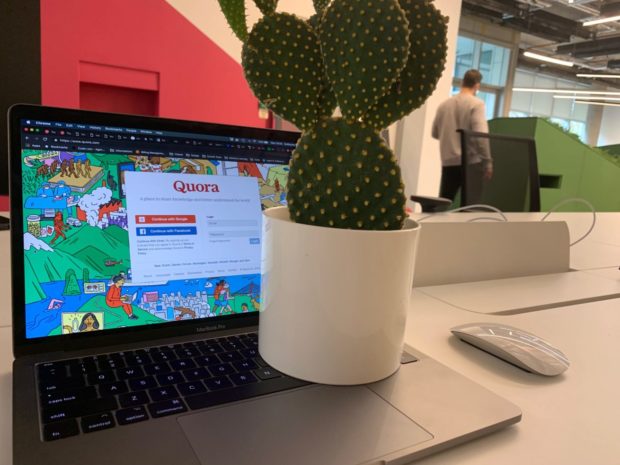One of the best ways to gauge if a publisher’s audience is right for your campaign is viewing their audience keywords. These keywords indicate the search intent of the audience, letting you decide if that audience is right for your message.
However, one question about the keyword results that keeps coming up is: what does ‘not set’ and ‘not provided’ mean.
As you may be able to guess, these two results are not actual search terms but rather are placeholders.
Not set
The first term, ‘not set’, is the simpler of the two. This placeholder appears for traffic that does not arrive via a specific keyword. Generally, this means non-search traffic such as referrals from social media, emails, external links from other websites or another article from the same publisher
When looked at in isolation, ‘not set’ traffic can be useful as a measure of how much traffic a publisher is getting outside of search.
Not provided
The second term, ‘not provided’, is an altogether different prospect. It indicates that Google is not providing access to the data in order to protect the privacy of the searcher.
Google started doing this in 2011 by encrypting results from SSL searches (secure searches from users that are either logged in to Google Accounts or using the Firefox search bar). Google sees this as an important privacy measure, particularly in cases where searchers were using unsecured internet connections (like WiFi hotspots).
What this means is that you can’t view organic search data for logged-in users. As such, Presscast reports that this data is ‘not provided’ by Google.
Trying to select the perfect article for your campaign? – Presscast Insight
Keyword provenance is a great way to understand how an article is ranking in Google. A lot of the ‘not provided’ traffic can be considered as variations of the keywords displayed in the report.
For example:
If the Displayed keyword was “guide content marketing”
Then the ‘not provided’ traffic keyword might be “beginner’s guide content marketing”
Just because the keywords aren’t visible, does not mean they aren’t valuable.
